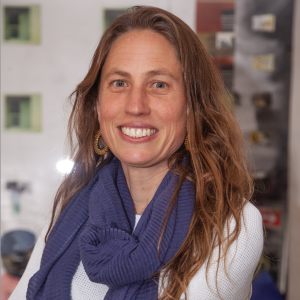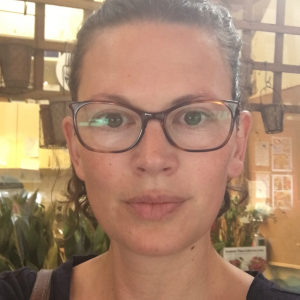Petra Mahy, Naomi Creutzfeldt, Nicole Stremlau and Iginio Gagliardone's project is supported by the John Fell Fund.
Emerging economies have growing middle classes and growing consumer populations. Their legal systems, however, are often ill-equipped to deal with these rapid social and economic changes, even when consumer laws and principles have been transplanted from developed nations. In this project we will explore the extent to which individual consumers, civil society groups and government agencies in three emerging economies (Indonesia, Turkey and Kenya) are turning to informal mechanisms such as the media to voice complaints and seek redress against companies. Matching sets of data will be collected on each country using a specially designed framework and media mapping strategy. This will be a scoping study to provide preliminary evidence for a larger future grant application.
This is a collaboration between Petra Mahy, Naomi Creutztfeldt, Iginio Gagliardone and Nicole Stremlau.
The project and its output
This pilot project is aimed at initial exploration of the topic, developing a methodology and gathering evidence towards a future, more ambitious, research project.
This project will investigate the use of informal mechanisms for seeking justice for consumers in emerging economies. Emerging economies are low-income, rapid-growth countries using economic liberalisation as one of their primary engines of growth. They have growing middle classes, high uptake of consumer products as well as rapid increases in internet and mobile phone use. They also usually have relatively weak formal legal systems that are not necessarily keeping up with societal and economic changes or providing certainty and redress for their new classes of consumers, even when consumer laws and principles have been transplanted from developed nations. The project will explore the extent to which individual consumers, civil society groups and government agencies are turning to informal mechanisms such as the media (both traditional news media and on-line social media) to voice complaints, draw on reputational sanctioning, and seek redress against companies.
The project aims to produce separate country reports and then a comparative analysis of the results. It is expected that the findings will have direct policy implications for the three countries to be covered as well as contribute to understandings of social and economic developments in emerging economies more generally. The analysis will also engage with wider academic debates about the role of informal institutions and practices in underpinning economic development and in providing justice and avenues of participation for individual citizens, and also about how formal and informal institutions interact.



